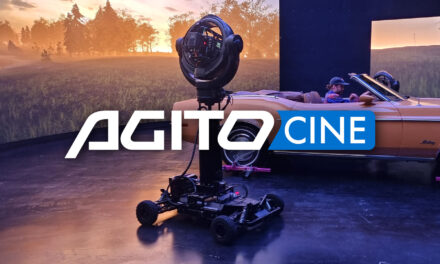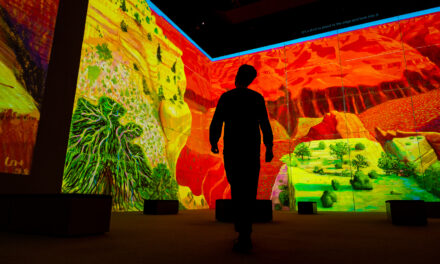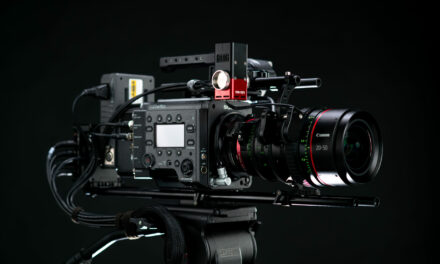Mo-Sys Engineering (www.mo-sys.com), a world leader in image robotics, virtual production, and remote production solutions, will demonstrate a new hybrid approach to final pixel (ICVFX) virtual shooting at the HPA Tech Retreat (booth 720, Innovation Zone, Mission Hills Rancho Mirage, 20 – 23 February 2023). This innovation gives directors and cinematographers great flexibility and can significantly reduce costs without compromising quality in any way.
To give directors the freedom to create a cinematic experience including wide shots and close-ups in final pixel LED virtual production, up until now you needed a very large LED volume which is expensive to implement. Mo-Sys’ solution is to shoot wide shots against a green screen, and the mids and closer shots in an LED volume which can now be much smaller.
For this approach to work, the image quality has to be precisely matched, and the director needs to be able to switch immediately from one to the other to meet production workflows and timescales. With the green screen and smaller LED volume on the same stage, the lighting can be matched and the performers and technicians can move freely from one to the other.
Underpinning this is a unified system for content serving and camera tracking. Mo-Sys StarTracker is widely recognized as the leader in precision camera and lens tracking for movie and television production. VP Pro XR is the company’s powerful LED content server solution, built as a plugin which sits natively within the Unreal Engine, and tied closely to StarTracker to ensure perfect synchronization, and even focus pulls between real and virtual objects.
“The industry is learning how best to use virtual production and is keen to use the benefits within practical production workflows and budgets,” said Michael Geissler, CEO of Mo-Sys. “We have taken the largest exhibition booth at HPA to show how practical it is to use multiple techniques in a single scene, so the actors and crew can work through the shots as they would do on a physical set. This is a real game-changer in the viability of virtual, final pixel production.”





